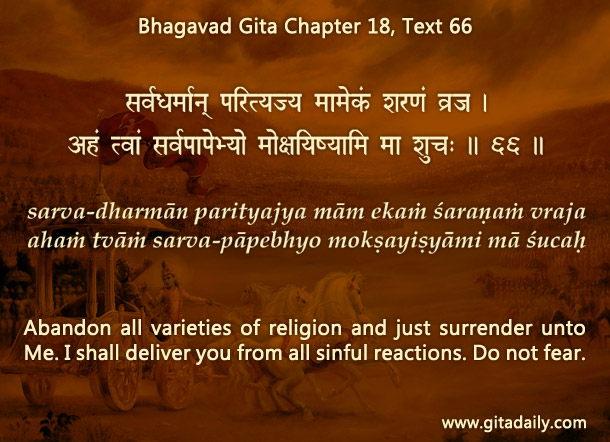Suppose a person is driving a car on the road — then they are belonging to a whole bigger than themselves: the road transport system. To drive safely and smoothly, they need to follow the rules of road transport. So, those traffic rules are the dharma for a road driver. Dharma refers to that which sustains one’s nature, that which makes one who one is. If a driver does not follow traffic rules, the driver is no longer a driver —- they will soon be a corpse and may even make other corpses.
When we exist in the world, we belong to various units bigger than ourselves. We belong to a family and a dynasty and thus we have our family and dynastic dharma. We belong to a nation and an environment and thus we have national and environmental dharma. The concept of dharma is universal.
Ultimately, we belong to the Whole, the source from whom everything emanates, and by whom everything is sustained. And we need to belong to that whole harmoniously by performing our corresponding dharma, which is our highest dharma. The Bhagavad-gita states that to offer our love to the divine and to offer ourselves as an expression of that love through surrender is the highest dharma (18.66). All other dharmas are meant to help us come to this highest dharma. All our other dramas can be best fulfilled when we pursue the highest dharma of learning to serve Krishna.
Bhakti, which centers on experiencing Krishna’s love for us and expressing our love for him, enriches us to better play our parts in the various subordinate wholes that we are parts of. Ultimately, by practicing bhakti dharma, we attain loving union with Krishna, wherein we relish life and love and joy eternal.
One-sentence summary:
The essence of dharma is harmonious belonging to a whole bigger than ourselves.
Think it over:
- How is the concept of dharma universal?
- Which dharmas do you already follow?
- How does dharma culminate in bhakti?
To know more about this verse, please click on the image






Leave A Comment